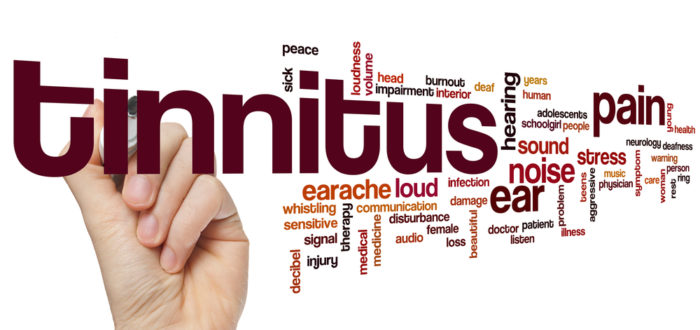According to the National Institute on Deafness and Other Communication Disorders (NIDCD), more than 25 million Americans experience tinnitus. If you have ever experienced a buzzing, ringing or hissing in your ears, you have likely experienced tinnitus.
Tinnitus can affect anyone. It can be a temporary (acute) condition, or a long term (chronic) one. It’s unpleasant, but rarely a sign of anything serious. Most tinnitus symptoms are subjective, meaning that only the sufferer can hear them.
You may have experienced a brief period of tinnitus. Today, we’re exploring why you can experience occasional tinnitus.
What is Tinnitus?
According to WebMD, “Tinnitus (pronounced ti-ni-tis), or ringing in the ears, is the sensation of hearing ringing, buzzing, hissing, chirping, whistling, or other sounds. The noise can be intermittent or continuous, and can vary in loudness.” Tinnitus is not caused by an external source outside of your body.
For some people, tinnitus can worsen when you’re in a quiet environment. This can mean you may be more aware of your tinnitus when you’re trying to fall asleep. For the majority of people, tinnitus is merely an annoyance. However for some, the condition can have a significant impact on quality of life.
Symptoms of Tinnitus
The symptoms of tinnitus involve a noise in your ear. The noises heard can vary from person to person. The most commonly reported noise is ringing in the ears, but others include:
- Roaring
- Hissing
- Buzzing
- Clicking
- Chirping
- Whistling
- Music
What Causes Tinnitus?
There is no one definitive cause of tinnitus. Instead, a number of different conditions are known to trigger tinnitus. These can include:
- Hearing loss – According to the Hearing Health Foundation, 90% of people with tinnitus have an underlying hearing loss.
- Exposure to loud noise – Have you ever been to a loud event and walked away with a high-pitched whine in your ears? Loud noise can actually cause tinnitus. Symptoms generally subside after a few hours.
- Blockage in the ear – A blockage in the ear, such as a buildup of earwax, can cause tinnitus. Removing the blockage generally stops the tinnitus.
- Medication – Certain types of medication, known as ototoxic, can impact your hearing health. Tinnitus can be the first symptom that your medication is affecting your hearing.
Is it Normal to Have Occasional Tinnitus?
Occasional tinnitus is generally the result of environmental factors. For example, if you’ve been to a loud concert, you may feel like your ears are full. They may even ring for a while after the concert.
Similarly, if something like an ear blockage or medication is causing your tinnitus, it could be temporary.
Need Help? Contact Us Today!
Left untreated, tinnitus can lead to depression and anxiety. This is avoidable; our hearing care professionals can advise on how to relieve your symptoms. To book an appointment, call Regional Hearing and Balance Center at 208-497-3596 or click here to book a complimentary hearing assessment.


Recent Comments